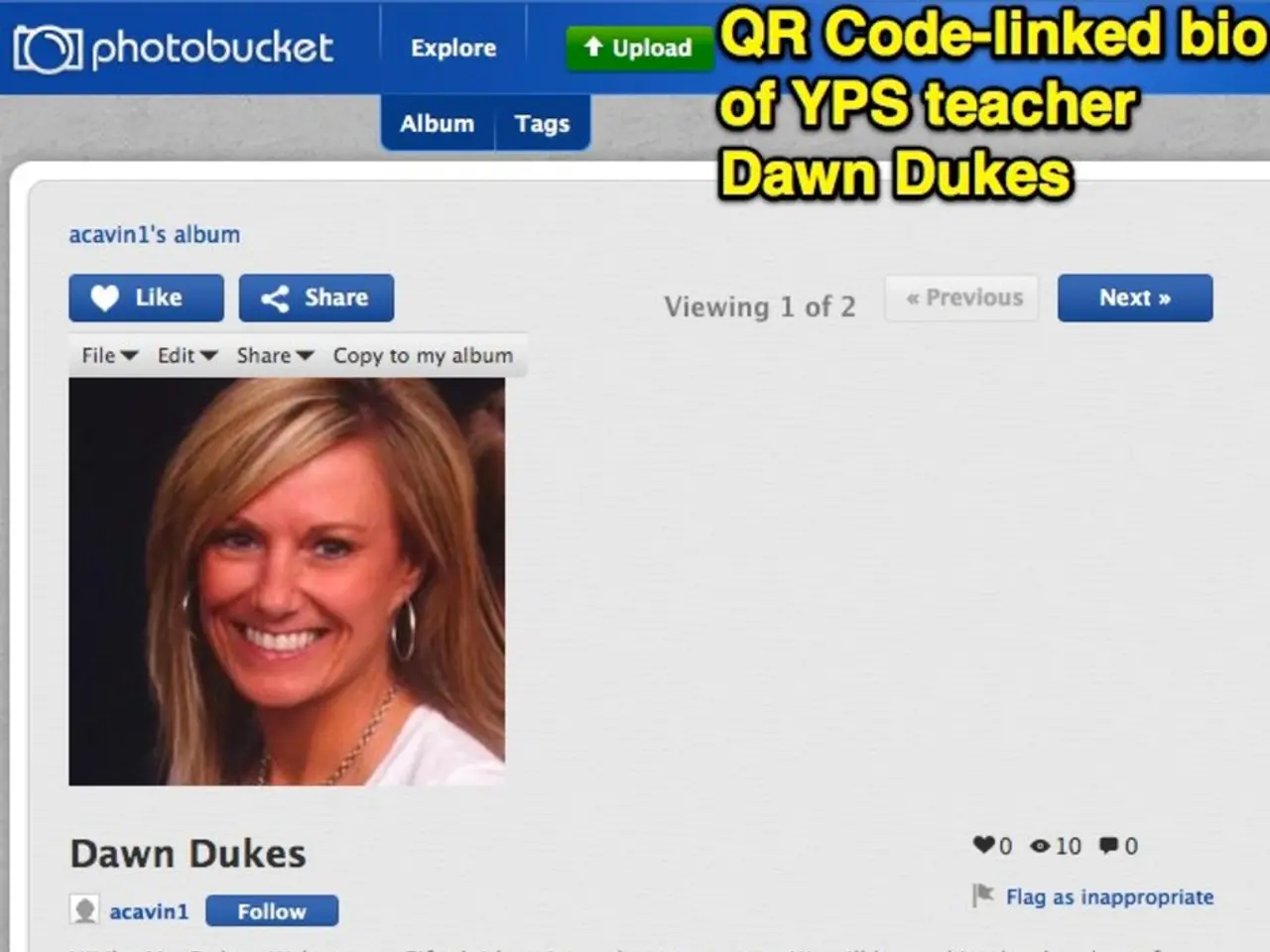Engaging the Public in AI Decision-Making Processes
UK Global Summit on AI Safety Highlights Need for Public Deliberation and Accountability
The UK Global Summit on AI Safety, held at the end of 2023, brought together experts to discuss the challenges and opportunities of 'frontier' AI models. Professor Heléne Landemore, Nigel Shadbolt, and John Tasioulas argued that the summit underscored the necessity for genuine deliberation by the public and accountability in AI-related decision-making processes.
The summit's focus on newer, more powerful AI models was primarily on the agenda, rather than current benefits, risks, and harms of AI technologies. Speakers at the summit and parallel fringe events emphasized the importance of including diverse voices from the public in these discussions.
The need for public participation in AI policymaking is particularly crucial in complex policy areas that can threaten civil and human rights. The public expects their diverse views to be taken as seriously as those of other stakeholders, including in legislative and oversight processes. However, there is a gap in our understanding of public participation in AI policymaking from different parts of the world.
To bridge this gap, Professor Noortje Marres pointed out that there was no mention of mechanisms for involving citizens and affected groups in the governance of AI in the official Summit communiqué. A rapid evidence review, 'What do the public think about AI?', published before the Summit, highlighted the public's desire for meaningful involvement in decisions affecting their lives.
Examples of Public Engagement Strategies in AI Policymaking from Diverse Regions
Several initiatives demonstrate successful public engagement strategies in AI policymaking from various regions. In California, USA, the Engaged California program uses AI to analyze thousands of resident inputs following the 2025 Los Angeles wildfires. This AI-powered analysis preserves people’s own language and elevates a broad spectrum of experiences, making participation more substantive and accountable.
In the United States, the OpenAI Democratic Inputs initiative involved 1,500 demographically representative Americans in AI-assisted deliberations using the Remesh platform. These rapid deliberation rounds enabled inclusive, thoughtful, and efficient development of guidelines on complex AI use cases.
In Kenya, AI chatbots deployed on WhatsApp, Facebook Messenger, and SMS platforms provide civic education and voter information in English and Swahili, addressing barriers like digital illiteracy, language, and misinformation. These chatbots allow citizens, including youth and rural users, to receive trusted answers and report misinformation, expanding engagement widely and inclusively despite infrastructure challenges.
The HealthAI Global Governance Forum emphasizes inclusive design and stakeholder engagement involving women, youth, refugees, indigenous peoples, and persons with disabilities to co-create AI health solutions. It champions inclusive and equitable strategies tailored to geography and demographics, aiming for equity in access and impact in AI-enabled health services worldwide.
The AI for Citizens framework promotes seven principles including diversity, accessibility, transparency, ethical fairness, and collaboration. Practical examples span multilingual AI chatbots in South Africa and disaster prediction systems in Japan. This framework stresses citizen participation, public oversight, and transparent AI governance as cornerstone strategies to instill public trust and accountability globally.
Calls for Public Participation in AI Decision-Making
Marietje Schaake, a member of the AI Advisory Board for the United Nations, suggested improving openness and participation by involving a random selection of citizens in any advisory body on AI. An open letter signed by international organizations called for a wider range of voices and perspectives, particularly from regions outside of the Global North, to be included in AI policy conversations.
The People's Panel on AI, a randomly selected group of people, wrote a set of recommendations for policymakers and the private sector, emphasizing the need for a system of governance for AI in the UK that places citizens at the heart of decision-making. The goal is to provide ideas and lessons to support public officials and civil society organizations in engaging people in AI policymaking so their views truly count.
- The AI for Citizens framework advocates for citizen participation and transparency in AI governance, believing that such initiatives are crucial in building public trust and accountability globally.
- Marietje Schaake, a member of the AI Advisory Board for the United Nations, proposed boosting public engagement by incorporating a random selection of citizens in any advisory body on AI, emphasizing the importance of including diverse perspectives in AI-related decision-making processes.




